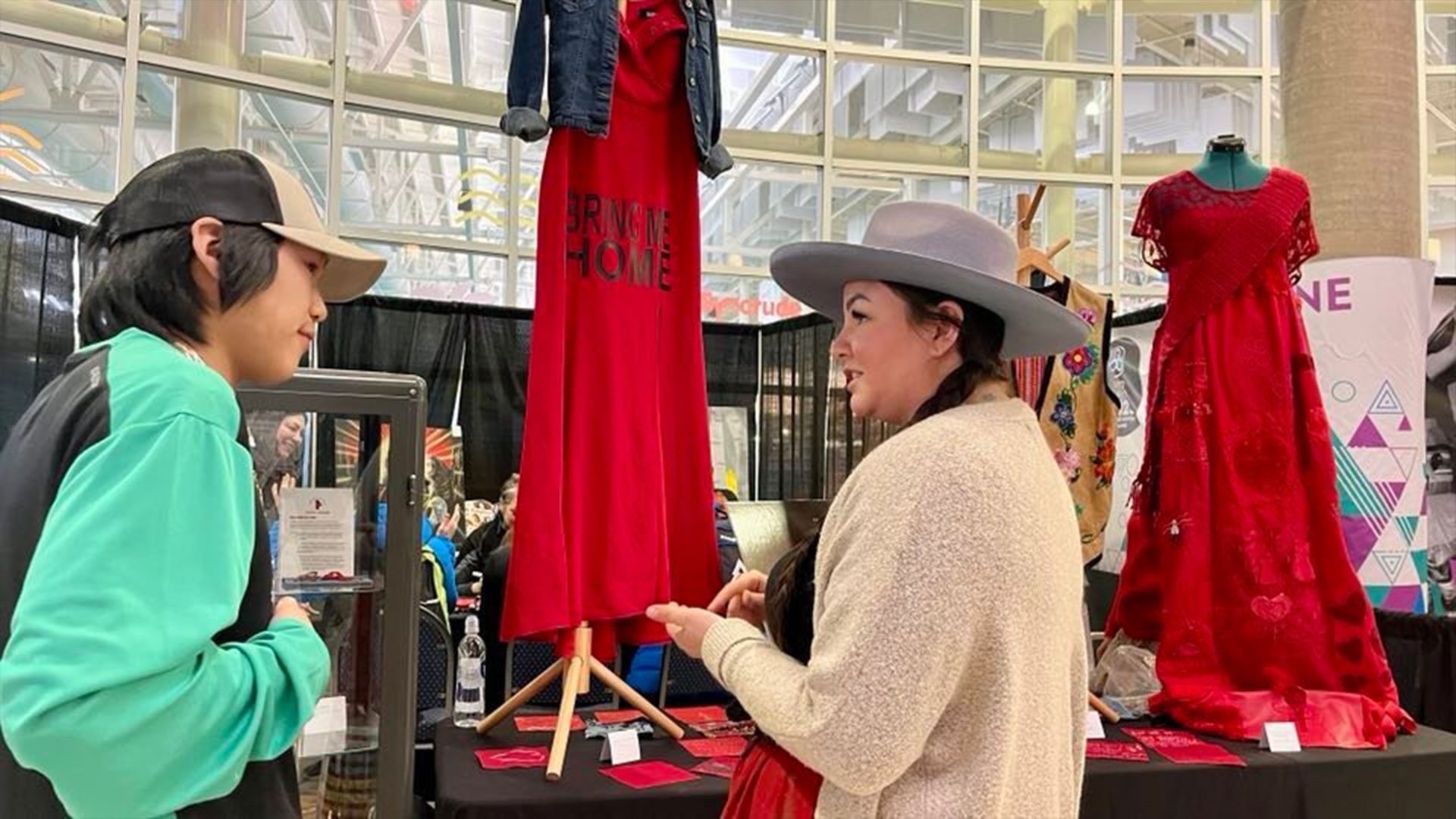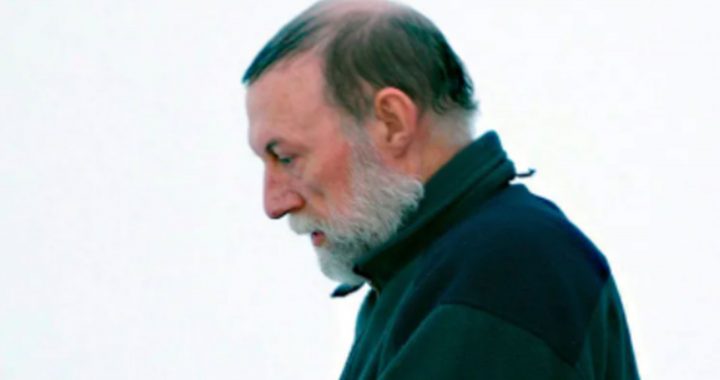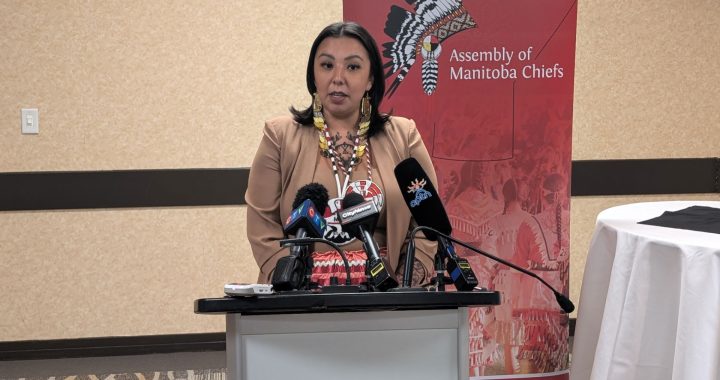The inclusion of truth and reconciliation programming at the 2023 Artic Winter Games in Fort McMurray, Treaty 8 territory is helping share Indigenous history with participants and spectators.
This year’s weeklong sporting competition included such things as land acknowledgments, informative posters about the seven sacred teachings and art exhibitions centered on the history, teachings, and protocol of Indigenous Peoples at games.
Fort McMurray First Nation Elder and volunteer Buffy Cheecham said reception towards reconciliation efforts has been outstanding
“We’re remembering our people in residential school, our parents, our grandparents, our brothers and sisters and relatives,” Cheecham said. “We are so grateful that people are listening and learning and are willing to listen and willing to learn.”
The 2023 games were held in a variety of locations across the regional municipality of Wood Buffalo, the traditional homelands of the dene, Cree and Métis.
“It’s been incredible, we’ve been able to share parts of our culture not only with the guests but this facility, the Shell place (facility used for majority of the games) invited us into their kitchen, and we were able to cook with them, smudge and pray in our traditional way,” she said.
Rosetta JoAnn Fountain, dressed in a long white shirt, matching top and a single feather in her hair waits in line for an orange shirt pin activity.

Fountain, from Fort McMurray, is a spectator at the games and still learning her roots since she was fostered out.
“My whole life I was told to be quiet and hold in my emotions, but when we are quiet and hide things that’s when the problems happen,” Fountain said.
She said she was moved to return to see what cultural programming was in store after she visited the exhibit on missing, murdered and exploited indigenous peoples the day before.
She told APTN News that her mother was murdered and subsequently she grew up in foster care not knowing her Indigenous identity.
“Someone told me that I could write a message for the loved ones that have been murdered,” she said. “My heart stopped because I realized I had to write a message for my mother because up until that moment I hadn’t spoken to her.”
For the red dress exhibit, participants wrote messages of encouragement on fabric squares, which were to be sewn later for an art installation.
Shannon Ohama, a spectator at the games waited patiently for the activity.
“I think it’s important to learn about the murdered and missing Indigenous women issue across the country. I just want to listen to the Elder and try to understand what we can do in our country to help prevent it,” Ohama said.
The exhibits were part of a Truth and Reconciliation pin series.
Participants were educated on topics and over 500 people earned a pin after they completed a creative exercise.
The success of the 2023 games must also be contributed to past work done for the 2020 games.
Those games were scheduled to take place in Whitehorse, Yukon in 2020 but were cancelled because of the COVID-19 pandemic.

Nyla Klugie-Migwans helped with those efforts to ensure the 2020 games were committed to recognizing First Nation languages, culture, and traditions in the Yukon.
The host society also had decided on cultural activities including the community sewing button blanket to be sewn by the Council of Yukon First Nations.
“To be able to adopt Action 91 of the Truth and Reconciliation (Commission) which is about protocol and working with the respected First Nations or Indigenous First Nations in that area,” Klugie-Migwans said.
“In our 2020 games, we wanted to ensure that we worked with our Elders, and it was named Lhech’i dun K’e by Hazel Bunbury, which means one people.”
Cultural co-chair and member of Fort McMurray First Nation 468, Jes Croucher said she hoped participants would share what they’ve learned from the cultural events at the games.
“We pulled all those stories together asking participants to write on red squares, so it created a visual story that drew people in, so it wasn’t just about the pin, instead it was about the movement,” Croucher said.
“It’s important we start making the changes to move forward and that means including Indigenous worldviews in our policies and procedures.”
The next games will take place in March 2024, in Anchorage, Alaska.










